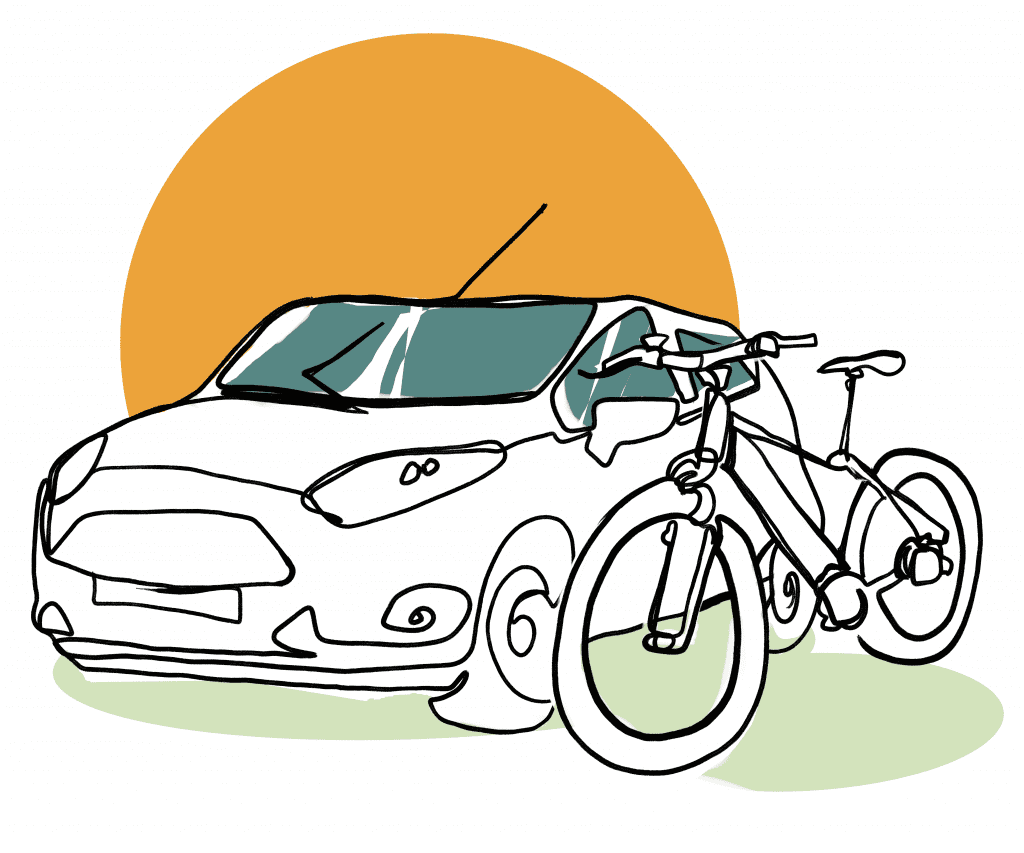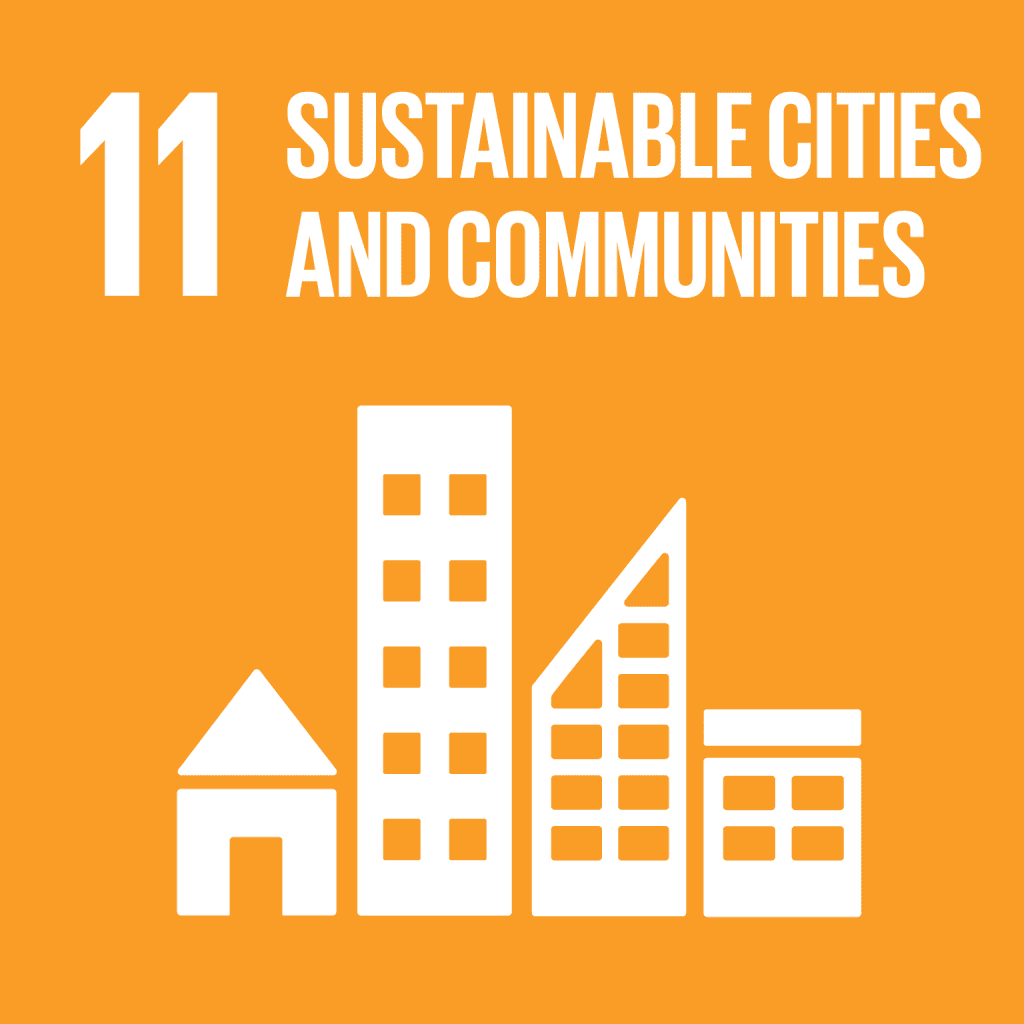The results for the 2023-2024 Staff Travel Survey are in! How do they compare to the Student Travel Survey results which highlighted the importance for car travel around the university. Hosted by Katy Boom, edited by Rosie Bramwell.

The key findings from the data are:
- Travel to Campus. Most staff travel to campus by car alone, with a few opting for bicycles, trains, or walking.
- Parking Permit. The majority of respondents have a parking permit.
- Travel Frequency. Most respondents travel to campus 4-5 days a week.
- Travel Patterns. The majority of respondents use only one mode of transport throughout the week, predominantly cars. Some respondents occasionally use different modes of transport.
- Journey Distance and Duration. The one-way journey to the University for most respondents is between 2-20 miles and typically takes 16-60 minutes.
- Feasibility of Public Transport, Walking, or Bicycling. Most respondents find it unfeasible to travel to the University by public transport, foot, or bicycle.
- Encouragement for Sustainable Travel. More direct and reliable public transport routes, cheaper public transport tickets, and safer footpaths are the most commonly selected changes that would encourage more sustainable travel to the University.
- Knowledge of Travel Schemes. Most respondents have heard of and understand the Woo Bike Share Scheme, Bus Route 31, and First Bus Commuter Travel Club.
- Air Quality. Many staff travel along sections of roads where Worcester air quality often exceeds recommended levels.
- Vehicle Engine Fuel Type. Most respondents who use a vehicle to travel to the University have a small petrol car (up to 1.4 litre engine).
- Factors Influencing Vehicle Use. Time-saving, convenience, and personal responsibilities (e.g., taking children to school) are the most important factors in respondents’ decision to travel by car, van, motorbike, or moped to the University.
- Parking. Most respondents usually park on campus in a long-stay car park.
- Car Sharing. Most respondents do not car share with other members of staff and would not consider doing so.
- Travel Between Campuses. Most respondents travel between campuses by car alone.
- Improvements for Foot or Bicycle Travel Between Campuses. Respondents suggested various improvements for foot or bicycle travel between campuses, including more time between lectures and seminars, and the availability of bikes for hire without booking. Some respondents are satisfied with their current mode of travel between campuses.
Read about the key findings for the Student Travel Survey from 2023-2024 here!
